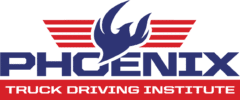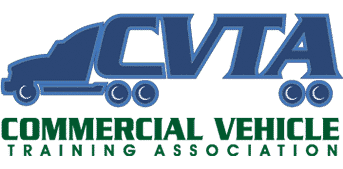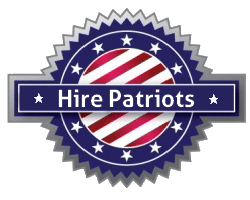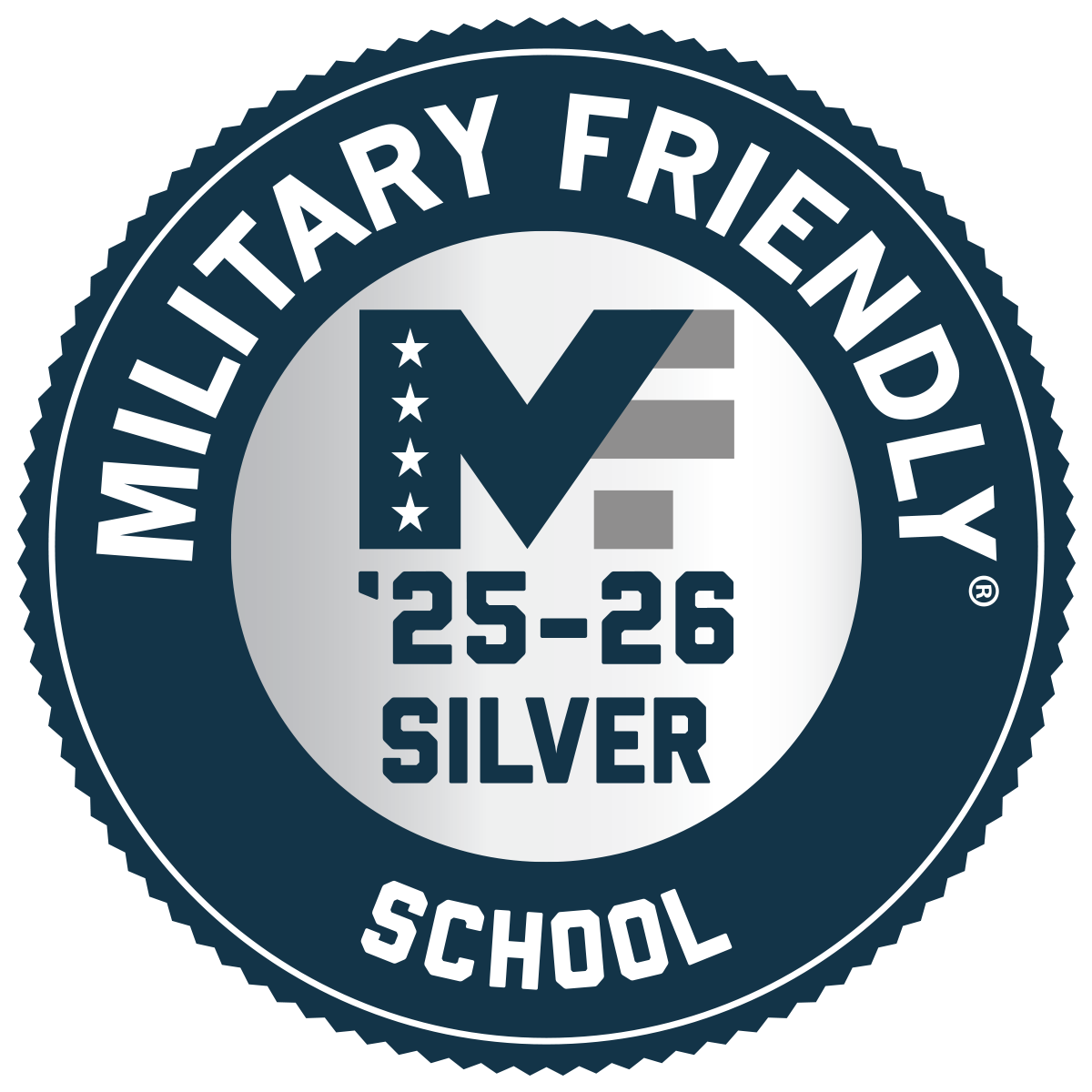There are many different types of specialized truck driving jobs available once you earn your commercial driver’s license (CDL) and have some experience under your belt. Some of these, like tanker truck driving, require additional CDL endorsements. Because of the skills and extra certifications for these specialized types of driving, they often pay more. If you’re interested in driving a tanker, it’s important to know the differences between various types of tank trucks so you can determine which you may be interested in and know what to expect.
Chemical Tankers
As the name implies, chemical tankers haul chemical products. In addition to requiring the tanker endorsement, they also require the hazardous materials (hazmat) endorsement. The combination of these two is known as an “X” endorsement.
The types of chemicals that tanker drivers haul vary. One of the most common is fuel and fuel tanker truckers are in high demand due to the essential nature of these jobs. Fuel needs to be transported to gas stations, airports, and many other locations across the country. Other types of chemicals also need to be transported across long and short distances for manufacturing and other purposes. Some examples include ammonia, chlorine, and hydrogen fluoride.
Chemical tanker drivers need to be highly-skilled and safe drivers. There is additional pressure and regulations for potentially hazardous freight, and most motor carriers hauling these materials compensate for the additional responsibilities with higher pay.
Food-Grade Tankers
Tanker trucks aren’t only used for hazmat transportation. One of their most common purposes is transporting liquid or dry bulk food products. These trucks move foods and beverages between their production sources and the processing plants where they are packaged for consumption. The tanks often have multiple compartments, allowing for different types of liquids to be transported at once.
The most common type of freight for food-grade tankers is milk. Other types of liquid freight include fruit juice, vegetable oils, alcohol, corn syrup, and vinegar. Food-grade tankers can also haul dry bulk food products like sugar, flour, or starch. If only dry bulk is being hauled, the tanker endorsement may or may not be necessary depending on a variety of factors.
Although food-grade tankers aren’t subject to the same regulations as hazmat tankers, they are still more regulated than typical dry van freight. There are typically strict regulations for the temperature of the load as well as other requirements from various regulatory organizations. Truckers hauling food products need to be aware of and follow these requirements.
Other Types of Tankers
Although chemicals and food-grade products are the most common freight for tankers, these are not the only goods and materials these vehicles can haul. Some tankers haul water, asphalt, or dry bulk materials for construction. The regulations and requirements for different types of tankers vary.
Earn Your CDL and Tanker Endorsement
At Phoenix Truck Driving Institute, we can help you earn your CDL in as little as four weeks. We also include three endorsements with our curriculum: tanker, hazmat, and doubles/triples. This increases the variety of the jobs available to you after graduation.
